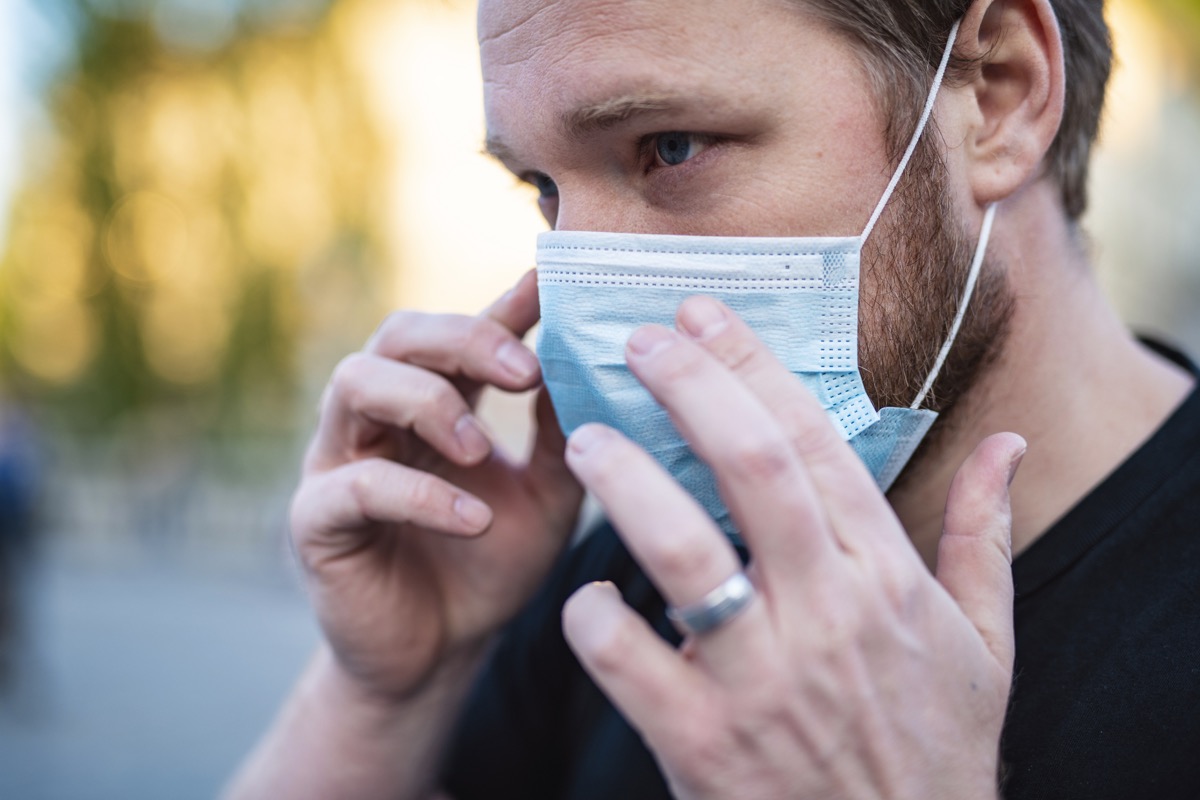In an interview with NBC News’ Lester Holt, Bourla discussed the ongoing trials for a potential third dose of the Pfizer vaccine to make it more effective against mutated versions of the virus, including the highly transmissible South African variant. He pointed out that such mutations are the nature of viruses and they’re the reason why annual shots are required. “Every year, you need to go to get your flu vaccine,” Bourla said. “It’s going to be the same with COVID. In a year, you will have to go and get your annual shot for COVID to be protected.” And for more vaccine news, check out The CDC Says Don’t Do This Within 2 Weeks of Your COVID Vaccine. Still, other experts point out that the actual length of time between shots is to be determined. “You need to cast a wide net to find Goldilocks,” John Grabenstein, PhD, a former executive director of medical affairs for vaccines at Merck and a former Department of Defense immunologist, told NBC News. “You want to look at shorter intervals, you want to look at longer intervals, to determine when is the best time, if needed, to re-vaccinate.” Right now, the Pfizer booster shot trials are testing patients whose first dose was six months to a year ago. And for more on new guidelines for once you’ve gotten your shots, check out The CDC Says You Don’t Have to Do This Anymore Once You’re Vaccinated. But Bourla is not alone in saying that SARS-CoV-2 will become an annual foe. In January, CNBC reported that during a panel discussion at the JPMorgan Healthcare Conference, Moderna CEO Stéphane Bancel predicted what he believed the future of COVID would be.ae0fcc31ae342fd3a1346ebb1f342fcb “SARS-CoV-2 is not going away,” Bancel said, meaning that the virus would become “endemic” and circulate permanently at low levels while rarely causing severe illness. “We are going to live with this virus, we think, forever.” And for more COVID news sent right to your inbox, sign up for our daily newsletter. To help predict the trajectory of COVID, a study published in Science in January created a model that found that “once the endemic phase is reached and primary exposure is in childhood, CoV-2 may be no more virulent than the common cold.” Future interactions with the virus would largely be nowhere near the serious threat that it poses now. Researchers are confident that it will eventually be mostly harmless, barring an emergent strain that causes severe disease in children. COVID-19 is currently wreaking so much havoc because very few people have immunity to the foreign pathogen, but it will likely shift to being an endemic illness once most people are vaccinated or exposed to the virus. And for more on the future of the virus, check out This Is When the COVID Pandemic Will Be Completely Over, Experts Say.



